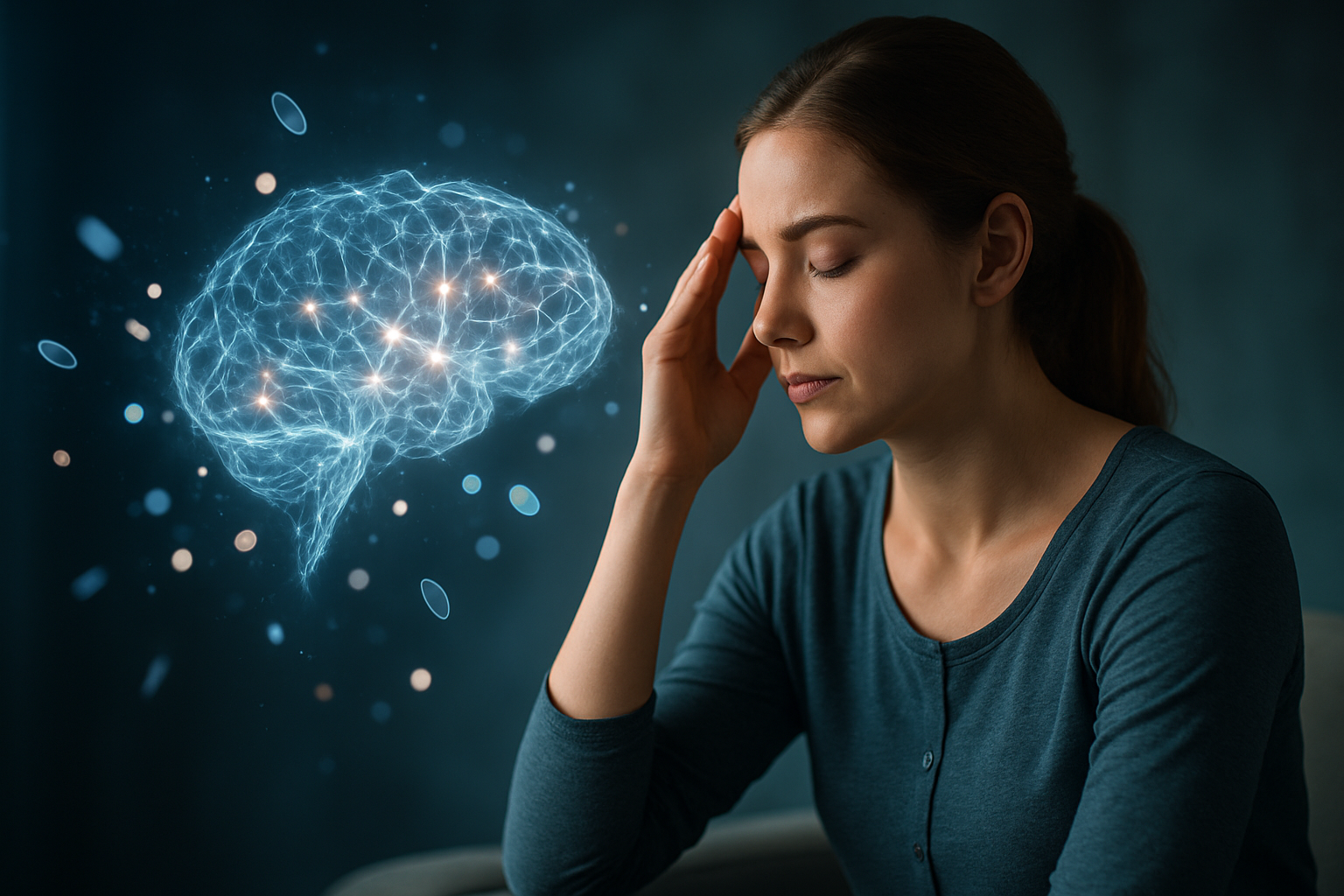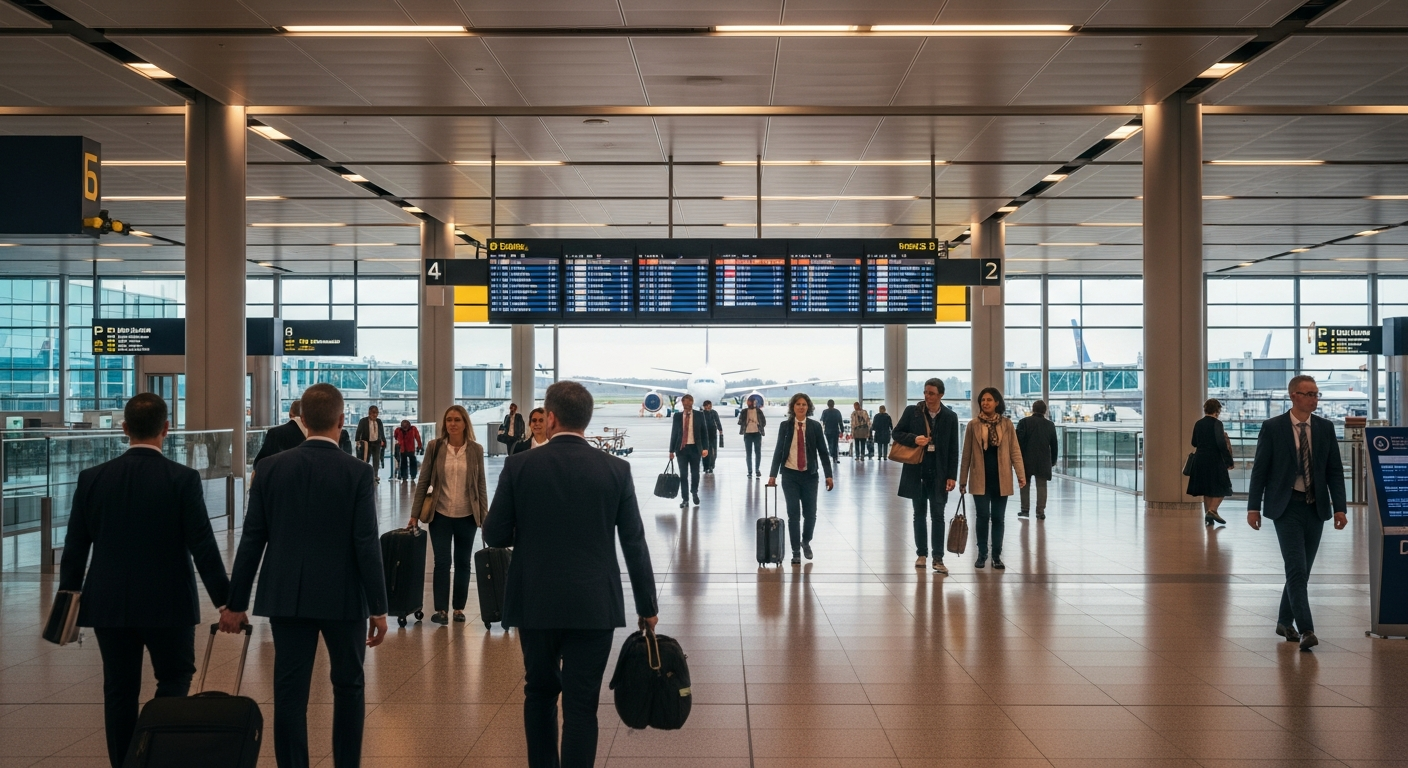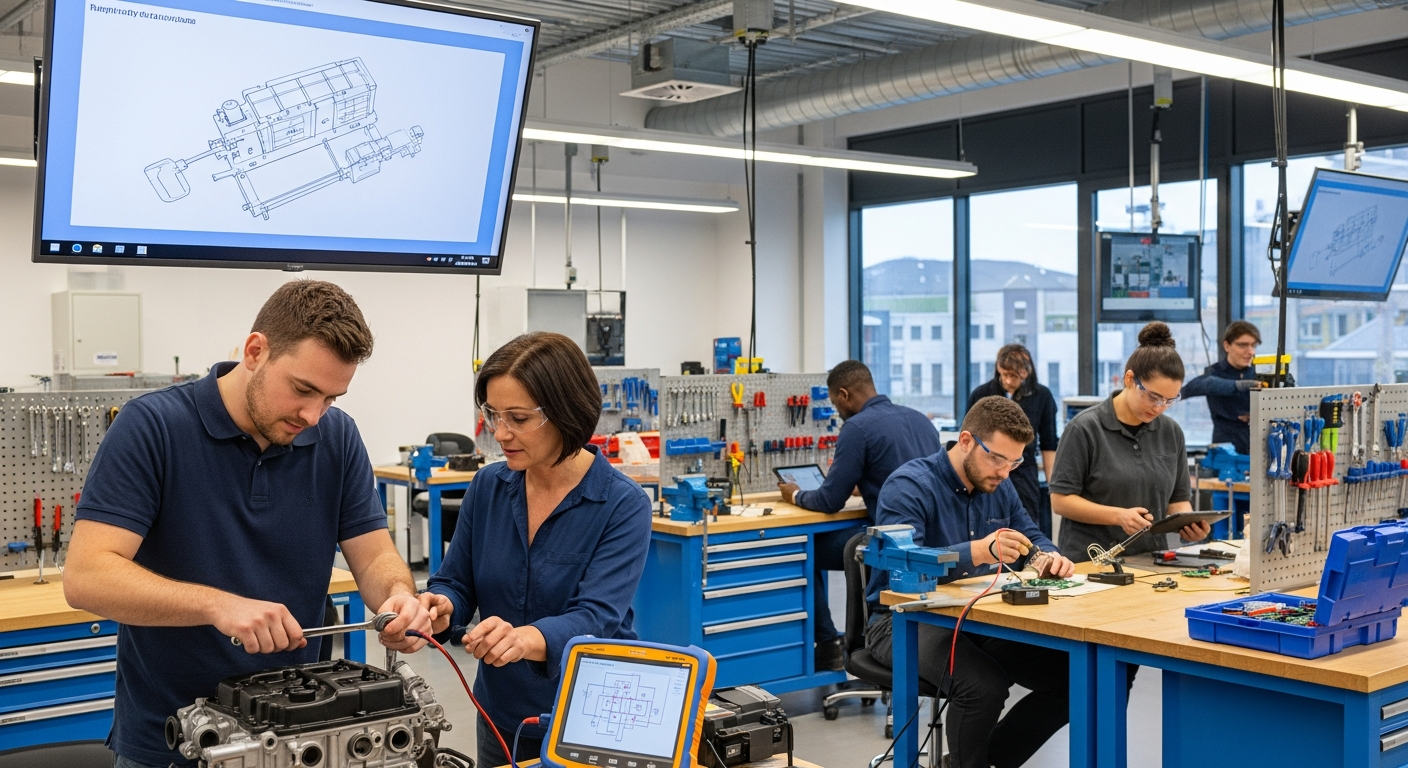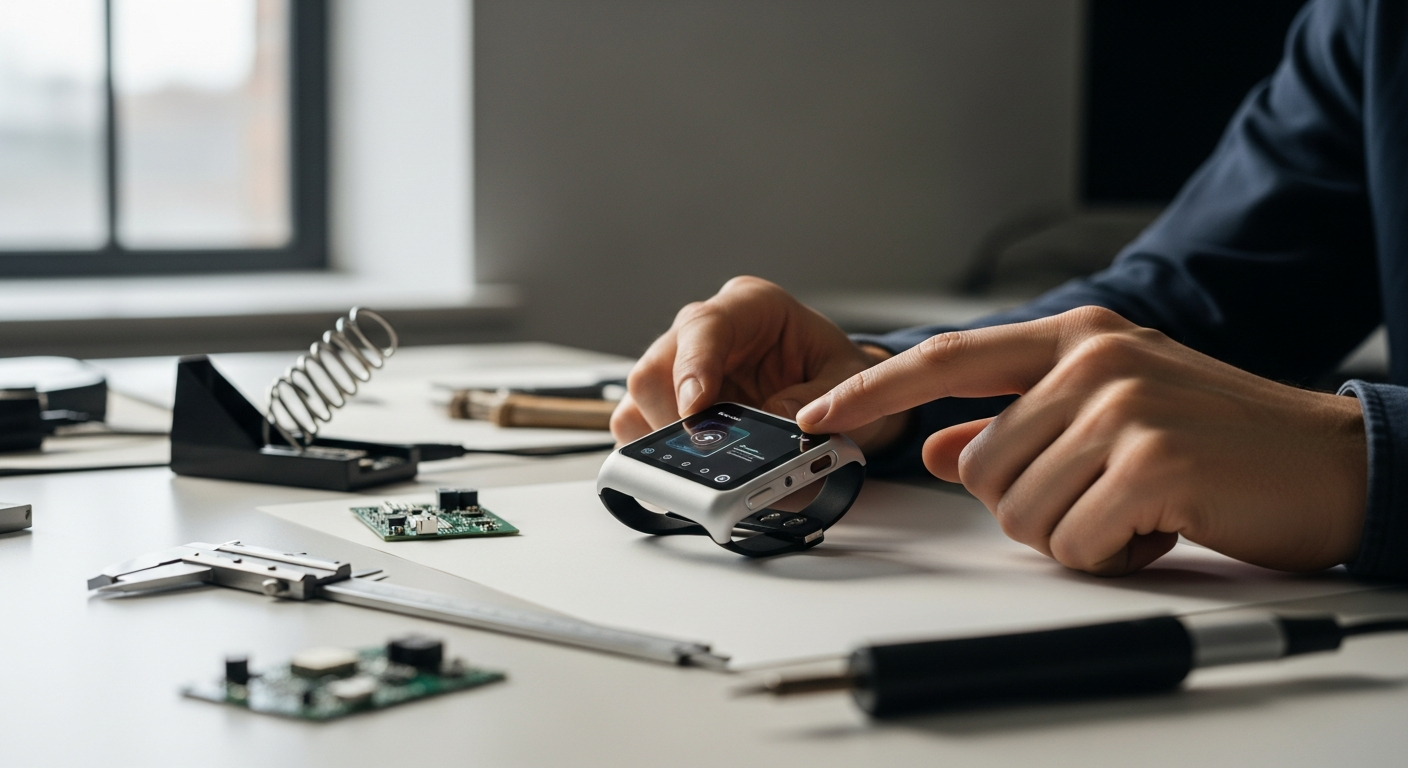Chronesthesia: Harnessing Mental Time Travel for Improved Well-being
The intricate workings of the human mind never cease to amaze us. What if you could harness your brain's ability to mentally time travel, enhancing your overall well-being and decision-making skills? Welcome to the fascinating world of chronesthesia, a cognitive phenomenon that's reshaping our understanding of mental health and personal growth.

The Neurological Basis of Chronesthesia
Recent neuroimaging studies have shed light on the brain regions involved in mental time travel. The hippocampus, prefrontal cortex, and posterior cingulate cortex play crucial roles in this process. These areas work in concert to retrieve memories, construct future scenarios, and integrate them with our sense of self. Understanding the neural underpinnings of chronesthesia has opened new avenues for cognitive enhancement and therapeutic interventions.
Chronesthesia and Emotional Regulation
One of the most promising applications of chronesthesia lies in emotional regulation. By mentally projecting ourselves into positive future scenarios, we can cultivate optimism and resilience. Conversely, revisiting past successes can boost self-esteem and motivation. Research has shown that individuals who engage in structured mental time travel exercises often report improved mood and decreased anxiety levels. This practice effectively serves as a form of natural, self-administered cognitive therapy.
Enhancing Decision-Making through Mental Time Travel
The ability to vividly imagine future outcomes can significantly improve our decision-making processes. By mentally simulating various scenarios, we can better anticipate consequences and prepare for potential challenges. This prospective thinking, a key aspect of chronesthesia, allows us to make more informed choices in both personal and professional spheres. Studies have demonstrated that individuals who regularly engage in future-oriented mental time travel tend to make more prudent long-term decisions.
Chronesthesia in Therapy: A Novel Approach to Mental Health
Mental health professionals are increasingly incorporating chronesthesia-based techniques into their therapeutic practices. For individuals dealing with trauma or PTSD, guided mental time travel can help in processing past events and envisioning a more positive future. Similarly, in treating depression, therapists use chronesthesia to help patients construct and focus on uplifting future scenarios, effectively combating negative thought patterns.
The Dark Side of Mental Time Travel
While chronesthesia offers numerous benefits, it’s essential to acknowledge its potential drawbacks. Excessive rumination on past negative experiences or anxiety about future events can lead to stress and mental health issues. Learning to balance and direct our mental time travel abilities is crucial for reaping its benefits while avoiding these pitfalls. Mindfulness practices and cognitive behavioral techniques can help in achieving this balance.
Chronesthesia and Creativity: Unleashing Innovation
The link between mental time travel and creativity is a burgeoning area of research. The ability to vividly imagine alternative realities or future scenarios is closely tied to creative thinking. Artists, writers, and innovators often report using chronesthesia-like processes in their creative work. By harnessing this cognitive ability, we can potentially enhance our creative output and problem-solving skills.
Practical Applications in Daily Life
Incorporating chronesthesia into our daily routines can yield significant benefits. Simple exercises like guided visualization of future goals or reflective journaling about past experiences can help in developing this skill. Regular practice can lead to improved emotional regulation, better decision-making, and enhanced overall well-being.
Chronesthesia Insights and Tips
-
Practice daily mental time travel exercises for 10-15 minutes
-
Use vivid sensory details when imagining past or future scenarios
-
Balance between past, present, and future thinking
-
Incorporate positive future visualizations into your morning routine
-
Use chronesthesia to prepare for challenging situations
-
Reflect on past successes before important events to boost confidence
-
Engage in collaborative mental time travel exercises with friends or family
-
Use chronesthesia techniques to enhance goal-setting and planning
-
Integrate mindfulness practices to ground yourself in the present
In conclusion, chronesthesia represents a fascinating frontier in cognitive science and mental health. By understanding and harnessing our innate ability to mentally time travel, we can unlock new pathways to emotional well-being, improved decision-making, and enhanced creativity. As research in this field continues to evolve, the potential applications of chronesthesia in therapy, personal development, and even organizational settings are boundless. Embrace your mind’s time-traveling capabilities and embark on a journey towards a more balanced, insightful, and fulfilling life.






